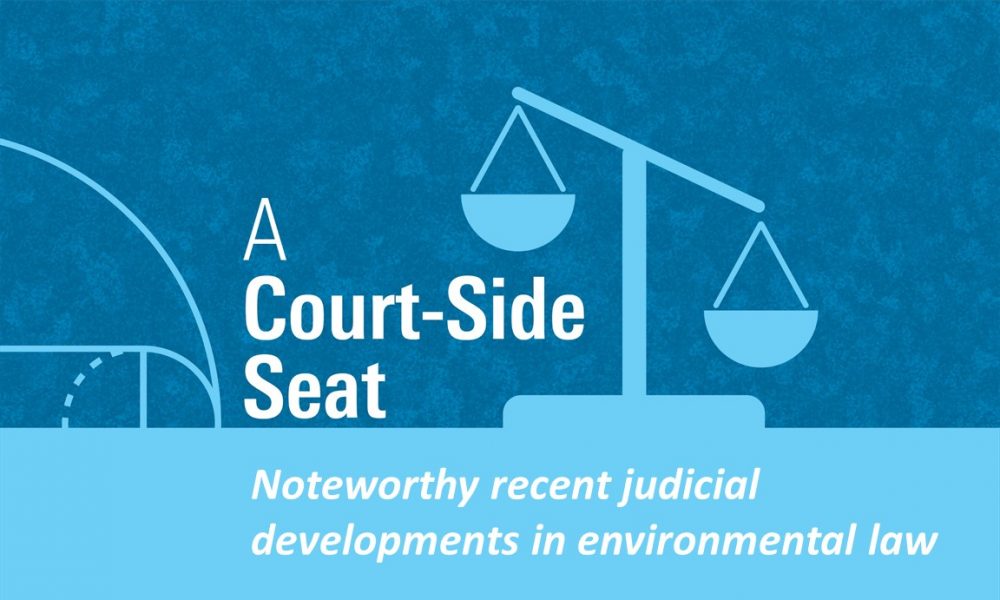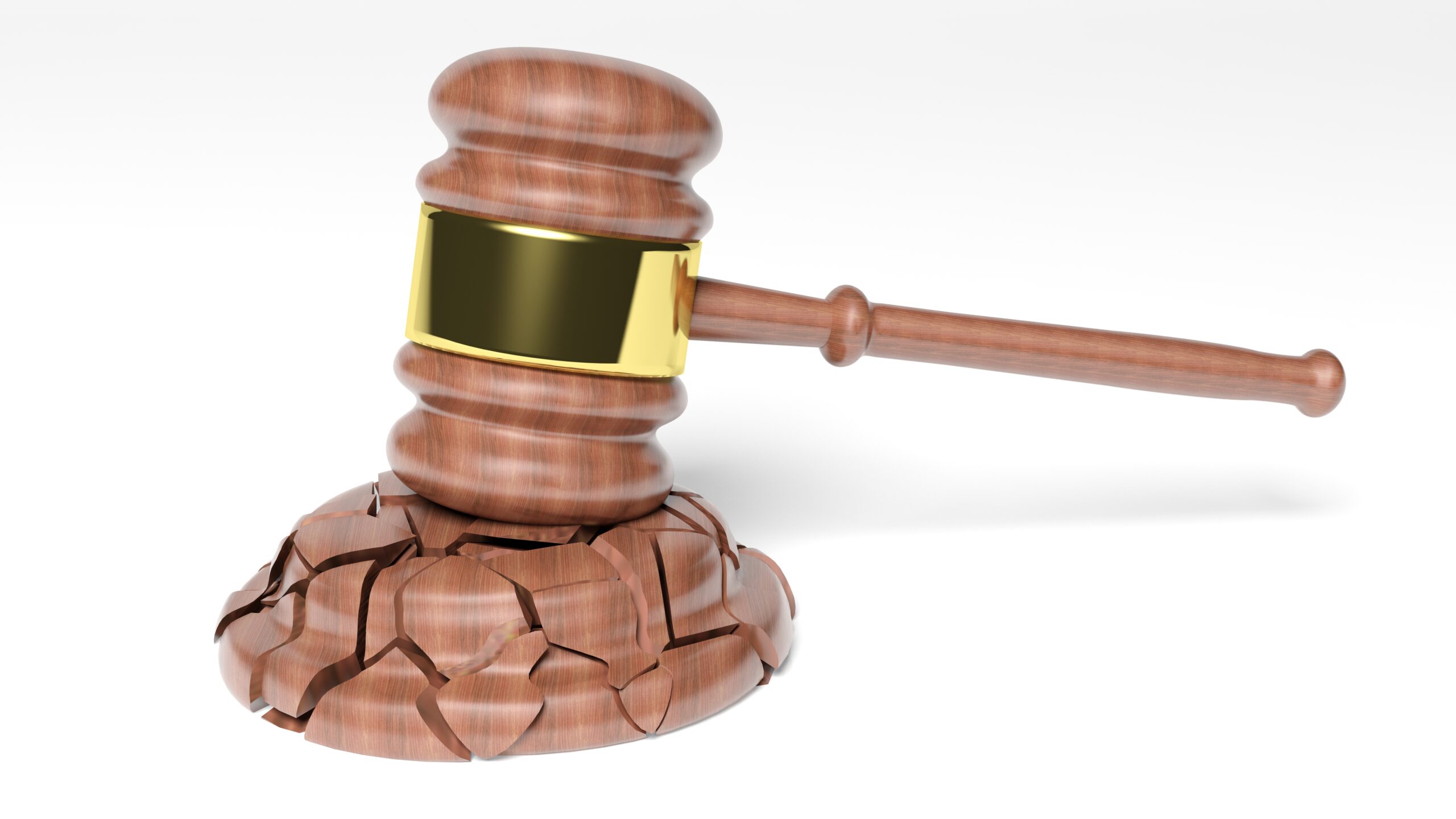Life Sciences Masters Panelists Say USPTO Controversial Anti-Pharma Rules Are Not Likely to Advance
Support IPWatchdog with an individual sponsorship: Click here
“Knowles said it’s still ‘kind of shocking that such a detailed package [on terminal disclaimer] with examples of how to implement it’ would be published by the Office if it wasn’t confident it was going to be finalized.”
Left to right: Ratib Ali, Judge Paul Michel, Corey Salsberg, Jon Putnam.
During IPWatchdog’s Life Sciences Masters program, which is taking place this week from Monday to Wednesday, panelists on the one hand breathed a sigh of relief that certain rule proposals considered most destructive to the industry seem unlikely to move forward, but on the other, lamented the overall negative tenor of the public debate around pharmaceutical patents today.
Rules Packages
Life Sciences Masters 2024 began yesterday with a panel featuring program sponsors Sherry Knowles of Knowles IP Strategies and Robert Sahr of Wolf Greenfield, joined by Jeffrey Depp of the University of Pittsburgh. Knowles began the discussion by stating that the pharmaceutical industry has been “considered pretty close to devil” in recent years. She Knowles listed 10 total blows the industry has been delivered in the last two years or so, including the U.S. Patent and Trademark Office’s (USPTO) proposed rule on terminal disclaimer practice; a draft rule on fee increases for continuation patents and terminal disclaimers; the National Institute of Standards and Technology (NIST) proposal on expanding march-in rights; and the Federal Trade Commission’s crackdown on patents listed in the Orange Book, among others.
Sherry Knowles (left) and Brad Pedersen.
With respect to the fee increases and terminal disclaimer rules packages, however, Knowles and fellow panelist Brad Pedersen of EnQuanta said on another panel Tuesday that Vidal has indicated these controversial proposals are dead in the water. Pedersen said that Vidal hinted at the recent American Intellectual Property Law Association Annual Meeting (AIPLA), that she would be Pedersen believes that this means the rule packages won’t be completed by Vidal’s departure. IPWatchdog reached out to the USPTO to confirm the status of the rules packages but had not received a response as of the time of publication.
While this saves the industry the trouble of launching a lawsuit akin to the one Knowles did in 2007 as Senior Vice President and Chief Patent Counsel at GlaxoSmithKline to enjoin the Office from promulgating its Claims and Continuations rule package, Knowles said it’s still “kind of shocking that such a detailed package with examples of how to implement it” would be published by the Office if it wasn’t confident it was going to be finalized. Knowles said that the NPRM received more than 300 detailed public comments, and industry leaders spent a great deal of time working on it Knowles noted that the changes to fees affecting the continuation and terminal disclaimer practices were made before the Supreme Court’s Loper Bright This decision may have changed the rules for what some consider substantive rules. Commenters did not have a chance to address the SCOTUS decision before the deadline for comments.
Drug Pricing
Robert Sahr
Speaking on the Monday opening panel, Sahr said “there are fundamental misunderstandings about how drugs are developed” and that many of the narratives influencing policy decisions like the NIST framework on march-in rights come from those fundamental misunderstandings, such as what the government actually pays for. Sahr stated that “the basic research does not equal the whole picture.” “Several inventions have to happen along the way to get from an idea to an actual physical thing.”
Furthermore, the NIST proposal “can’t really do anything effectively that the policymakers want it to do,” Sahr said. Even the proposal seems to acknowledge that cost is only one of many factors to consider when deciding whether to march in on patents. Sahr said that even the mere possibility of marching on patents based on price has a “chilling effect.” “If the government can say at any time we’re going to march in, that creates uncertainty.”
Another troubling trend according to Knowles is that some universities have started to take drug pricing into their own hands, following NIST’s lead. Knowles said that she has seen universities come up with “affordable plans” as part their license agreements, where the terms require that Time will tell whether companies will accept such terms, Knowles said.
Changing the Narrative
Judge Paul Michel (left) and Ratib Ali.
Another panel on Monday, moderated by Jon Putnam of Life Sciences Masters sponsor Competition Dynamics, looked at the “drug pricing conundrum” and why there is a perception that patents are to blame for high prices. While the United States has undoubtedly the highest list price for drugs, Corey Salsberg from Novartis said that the more accurate question Salsberg said that “no one talks about the value of a medicine before saying that the price is too low or high.” Salsberg pointed out that critics of the high price of Hepatitis-C drug Sovaldi did not recognize that the Net prices are comparable across the globe, and list prices are not what people pay. The other benefit of paying more is having access to new drugs faster.
Retired U.S. Court of Appeals for the Federal Circuit Chief Judge Paul Michel, who also participated in the panel on Monday, said that there’s a political perspective to the drug pricing debate as well. Michel said that some Americans have trouble paying for drugs. When the plight of those who are struggling to pay for drugs is amplified by ideological groups, it takes on a powerful force The problem of the hypothetical patient who “can’t pay for the medicine she desperately requires” is real. However, Michel said that the solution The pharmaceutical industry is often the easiest scapegoat for politicians who are battling for votes and navigating an extremely complex web of U. Michel said that it doesn’t matter whether the solution will work or not. “The fact that
might not do much good, is kind of irrelevant, because if it’s PR battle to get Ratib AIi, a panelist from Competition Dynamics, stated that less than 3% patents are actually subject to the march in Ali said, “I don’t believe any of these proposals is well thought out or founded on facts.” Michel said, “You hold the key; the ability to teach policymakers and their staff.” “I hope that you will help educate the advisors of the policymakers in America.”









